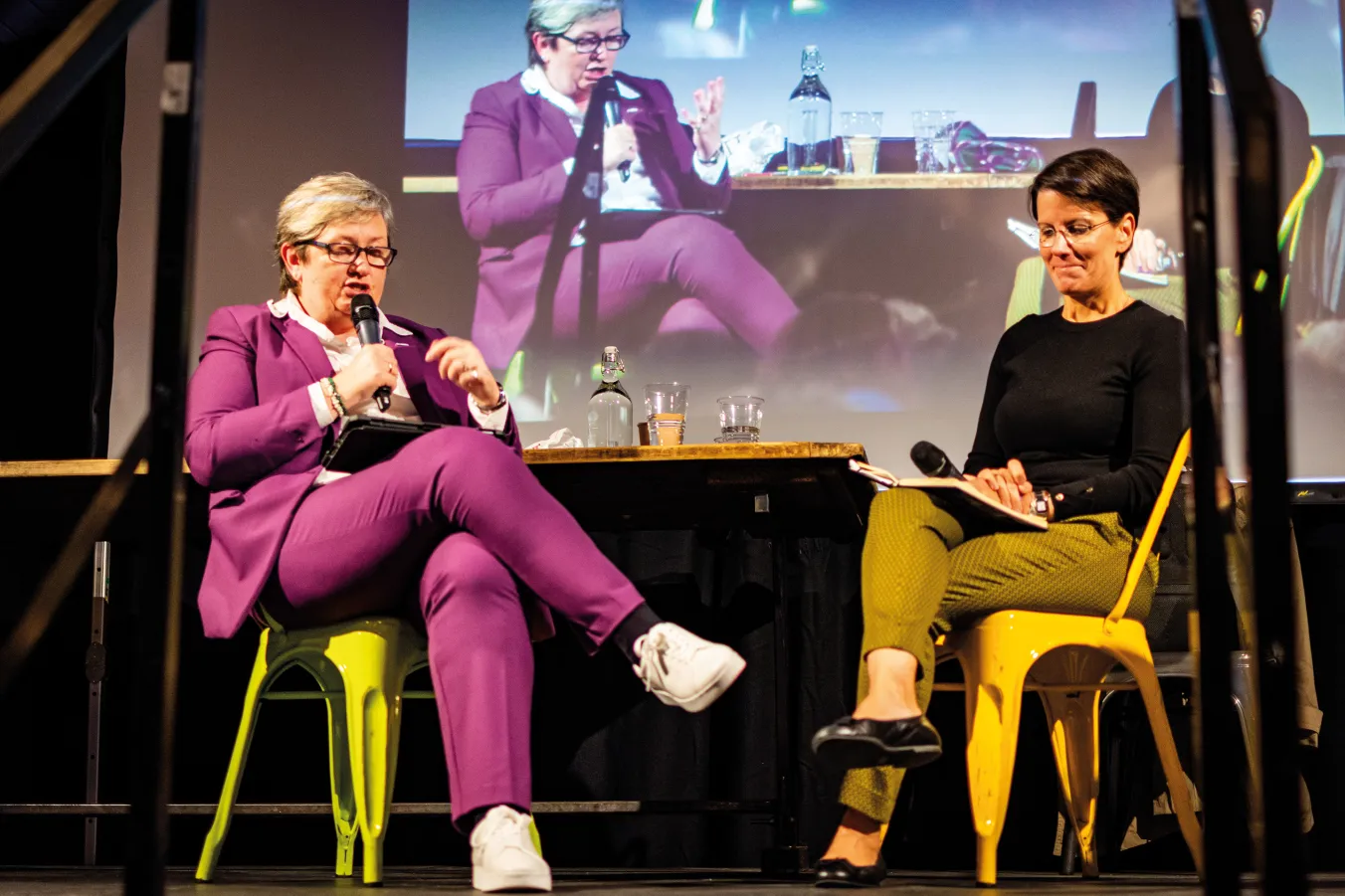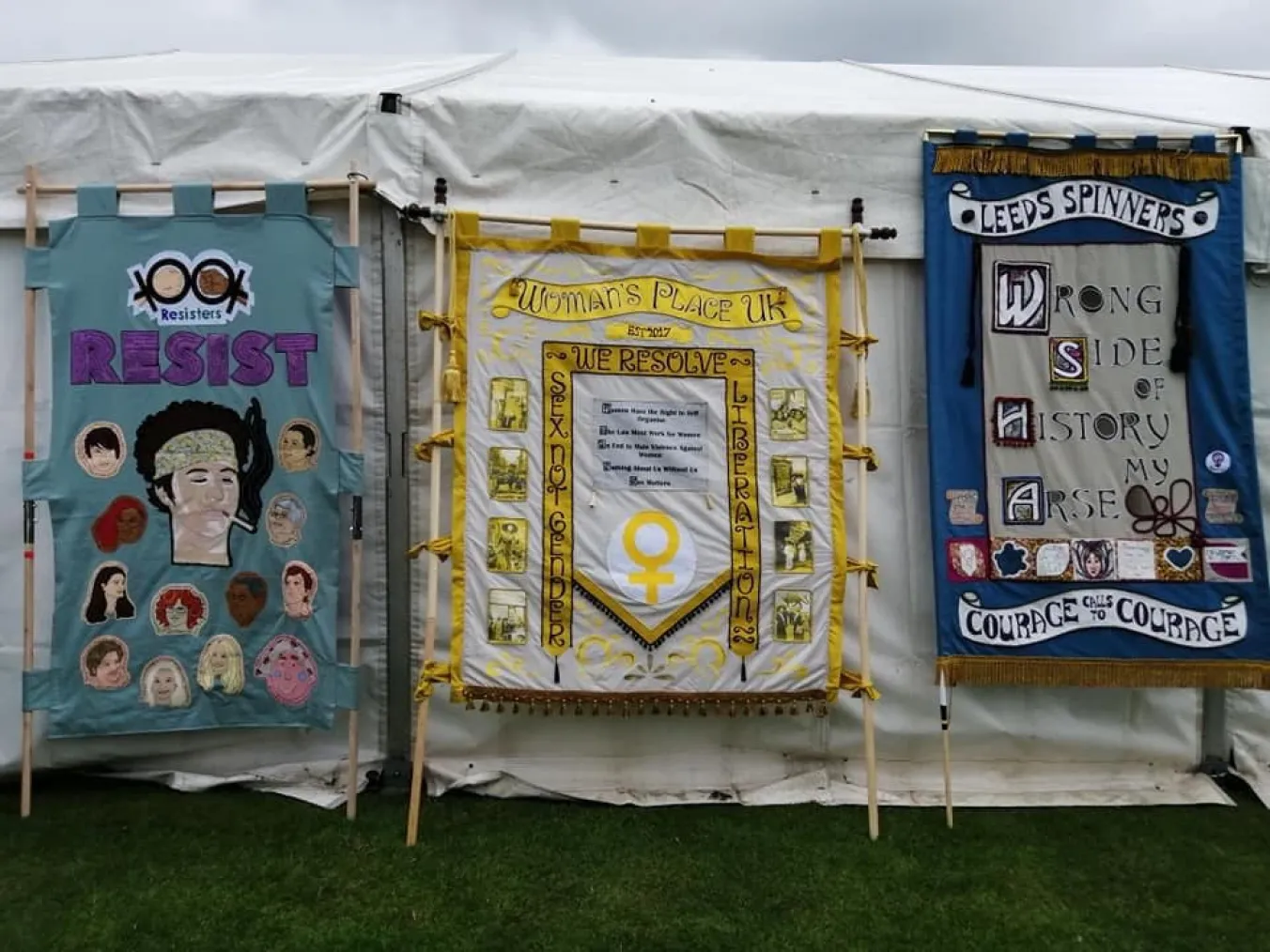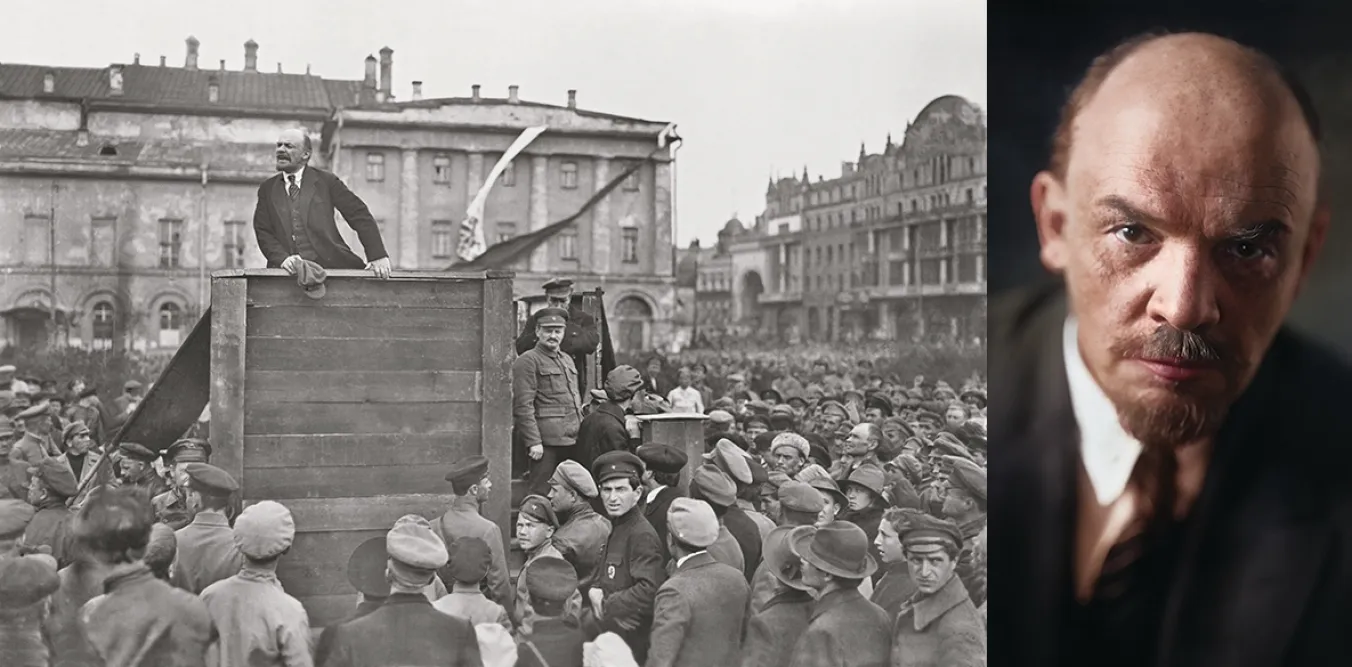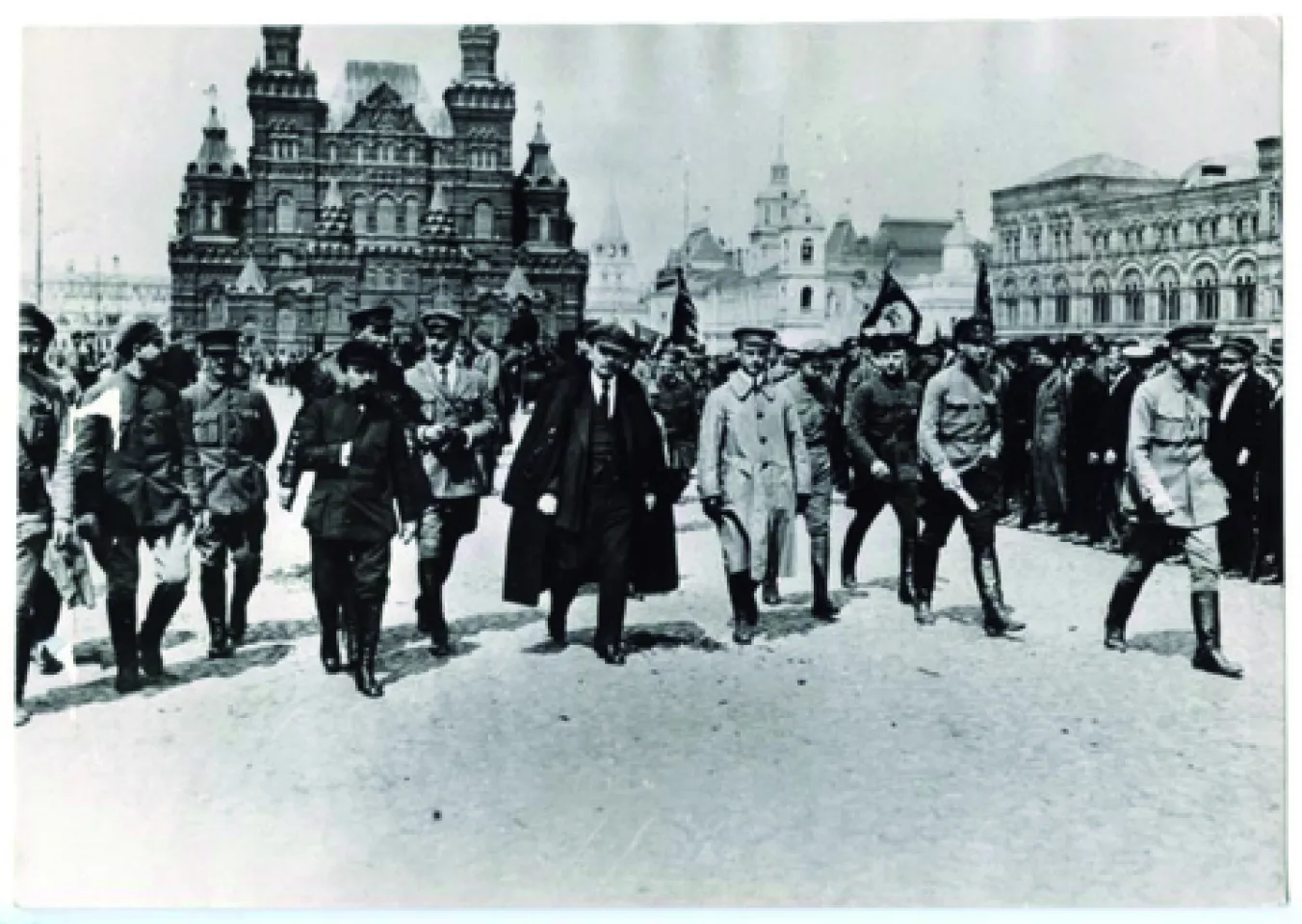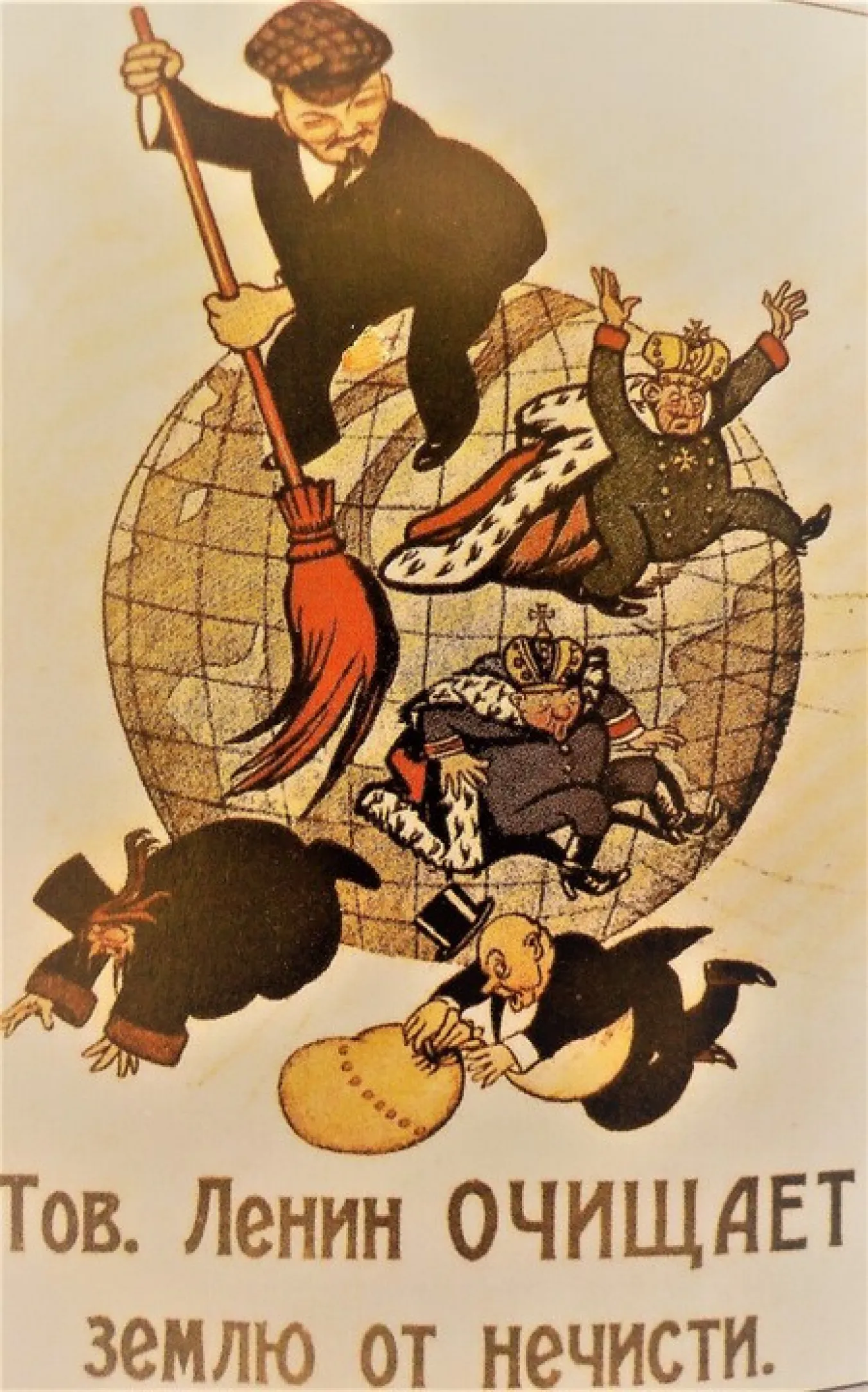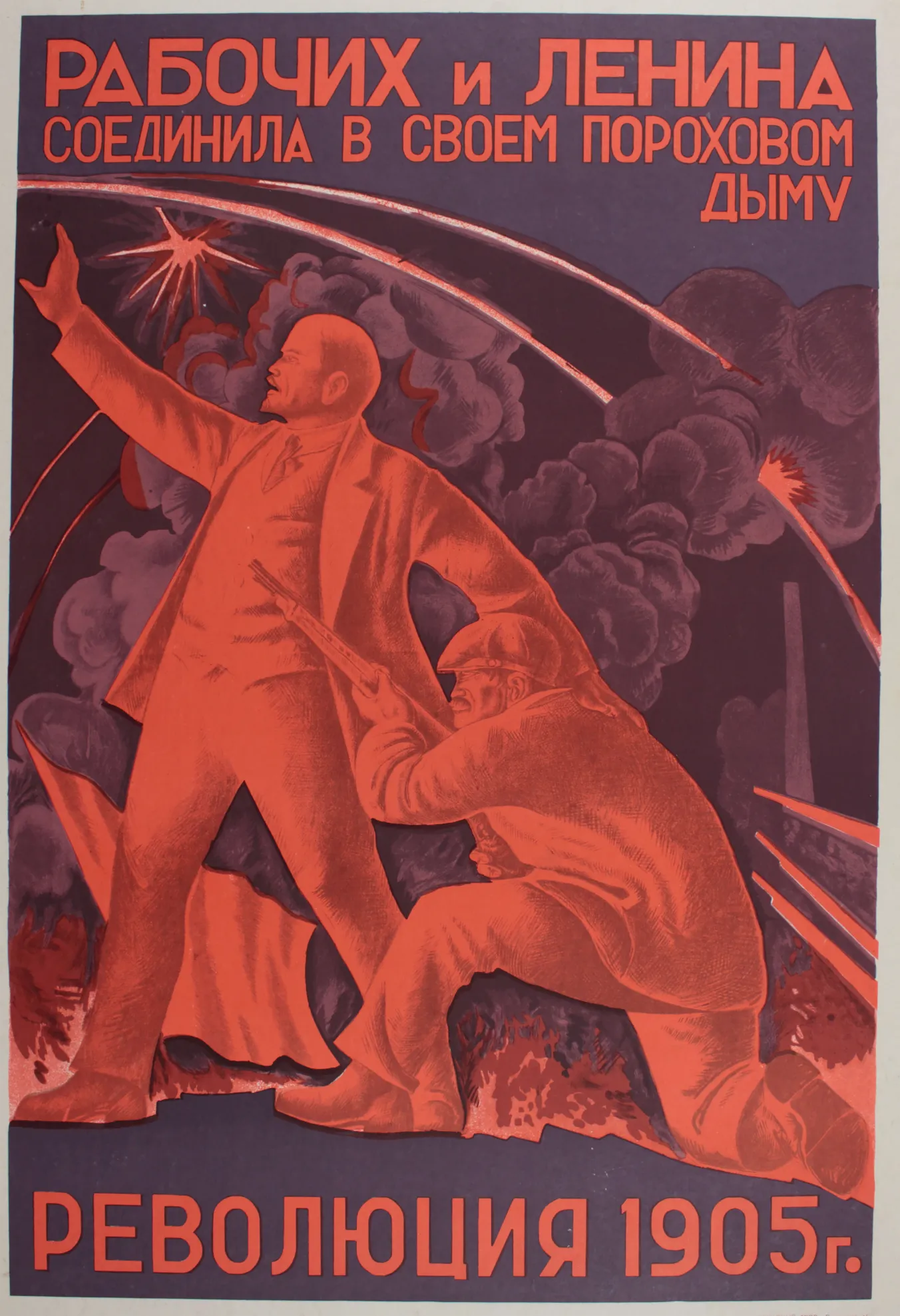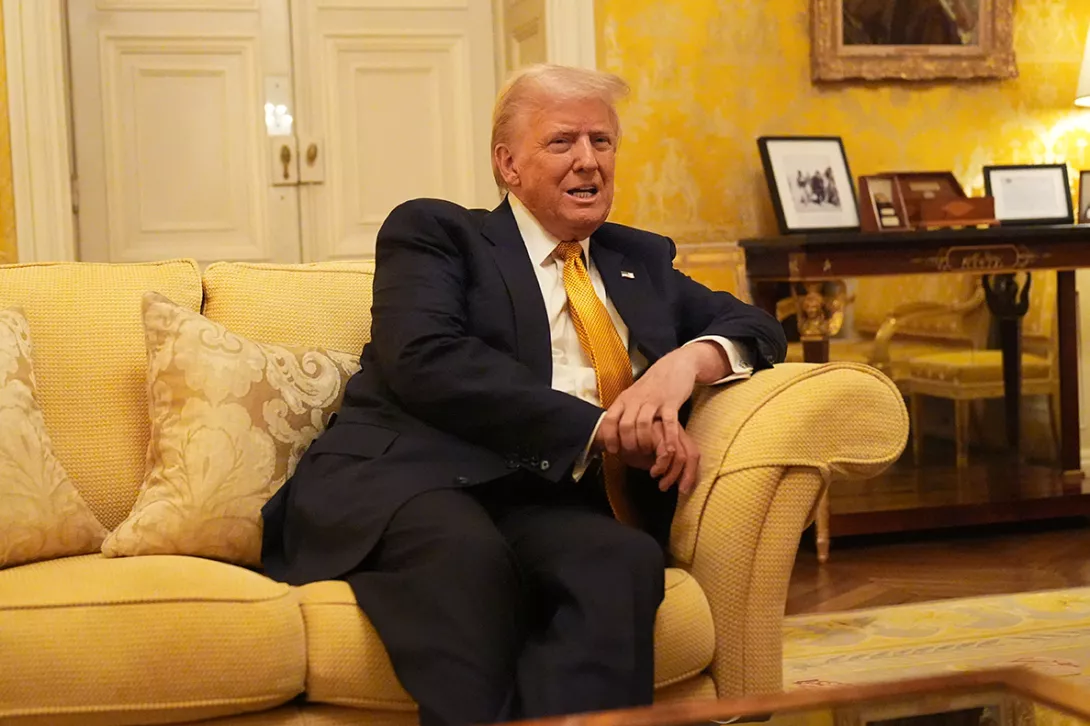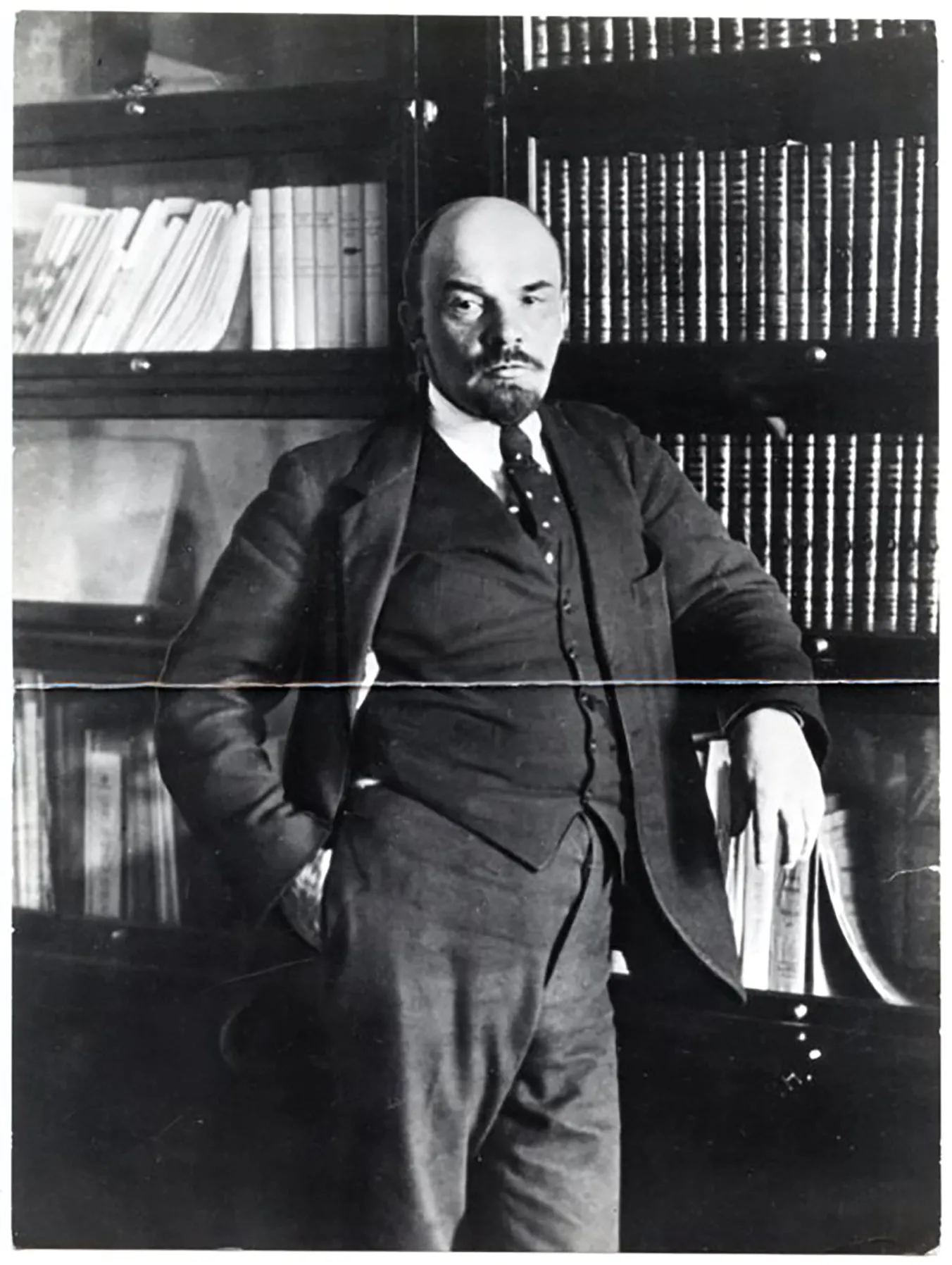
THIS weekend, Lenin, his life and legacy, will be celebrated right across the world. The leader of the first socialist state will be celebrated for his practical revolutionary role but also for his contribution to Marxist theory, particularly in the areas of imperialism and internationalism, the role of the party, the state and revolution, democracy and dictatorship, the struggle for peace.
However, he should also be celebrated for his contribution on the questions of trade unions, the role they play in class struggle, and the attitude that Marxists should take towards them and work alongside or within them. Lenin was the first Marxist to really concretise Marx and Engels’ views on the potential role that trade union struggle, and economic struggle more broadly, could play in the development of class consciousness and advancing proletarian revolution.
While Marx, and particularly Engels towards the end of his life, had begun to develop a detailed theory of the role of trade unions, and on the other hand were clear that the “constitution of the working class into a political party is indispensable,” they had not mapped out clearly the relationship between the two, or the role members of a revolutionary working-class party should play in relation to trade unions.

